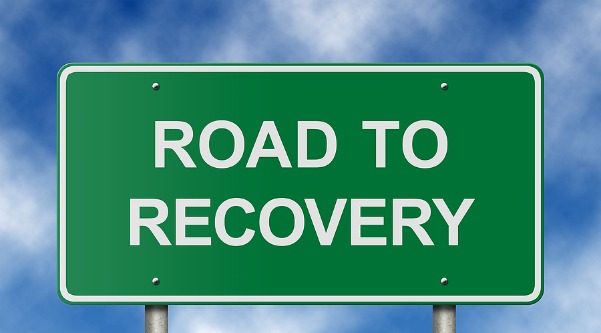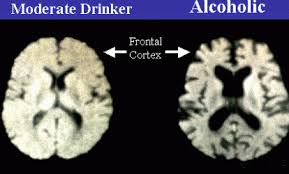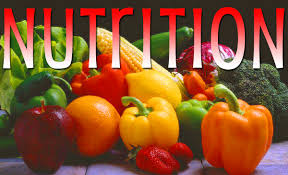Detoxification commencement process

The best treatment approach of any addiction problem will include detoxification commencement process
Detoxification commencement process: What are your health goals?
There are several ways of doing this. It can either be done naturally or at the rehabilitation facility for those who are severe into addiction. According to the experts of AWAREmed Health and Wellness Resource Center, it is important to note that the uniqueness of cleansing detoxification process is individually tailored based on the individual patients’ health goals, biology, body chemistry, exposure to toxins and current health status. Doctor Dalal Akoury a veteran addiction experts for several decades is reiterating that removing the toxins from any individuals’ body will involves understanding the process and products.
Patients who are making this very important decision of detoxification commencement, must appreciate that the process is evolutionary and may expands as the individual patients health improves and starts to optimize. Besides that it should interest you to note that some of the toxic elements that you consider eliminating from your body system for it to function optimally may include some of the following: toxic chemicals, halogens like chloride, fluoride and bromine, heavy metals, toxins from chronic infestations like Lyme, candida, mold, virus and parasites; and unwanted calcium accumulation.
Detoxification commencement process: Detoxification process
According to the expert from AWAREmed Health and Wellness Resource Center, the detoxification commencement process begins from the outside which is also known as external environment, to the inside of the body which is also referred to us the internal environment. A qualified professional will then carry out an assessment of your health, mouth (to establish the presence of mercury fillings, cavitation or jaw bone infection), and external environment. You will clean up your external environment and begin to detoxify the bowel, liver and blood with natural cleansing products.
When all this has been done, the next phase may start with the addition of supplements or additional strategies such as IV therapy, or Detoxification Therapies such as far infrared sauna and colonics, or colon hydrotherapy.
Finally even though many people are often able to carry out simple natural cleanse on their own, through research, it has been established that it may not matter what kind of process one may opt for in detoxification, because the common denominator is all patients reap the most benefits when they are guided by a coach or medical supervisor on their detoxification journey. A coach can tell you what to expect and help you stay on your tailored program and interface with the medical doctor. Remember that such trainers can also help with any questions you may have about detoxification and also guide you towards the modalities of detoxification that best suit your lifestyle and budget says doctor Akoury. Therefore if you or anyone you know is struggling with any of the toxins, then you can schedule for an appointment with doctor Akoury today for further guidance.
Detoxification commencement process: What are your health goals?
http://www.awaremednetwork.com/



 Substance Use Disorders (SUDs) alternatively called drug addiction has long kept the focus of scientists and other medical practitioners. Once a person has been become an addict, quitting addiction become s are really difficult decision to make. Surprisingly many of the drug addicts for once in their life time do gather the courage and will power to quit substance abuse. Once a decision is undertaken, choosing the right addiction option is really important. These individuals have mostly got only one shot at recovery because there is no guarantee that they will be able to have such high motivation to quit again ever in their life. Unfortunately it has been seen that people have tried quitting but they ended up with a treatment option that wasn’t suitable for their needs. That’s where Evidence based treatments come into play.
Substance Use Disorders (SUDs) alternatively called drug addiction has long kept the focus of scientists and other medical practitioners. Once a person has been become an addict, quitting addiction become s are really difficult decision to make. Surprisingly many of the drug addicts for once in their life time do gather the courage and will power to quit substance abuse. Once a decision is undertaken, choosing the right addiction option is really important. These individuals have mostly got only one shot at recovery because there is no guarantee that they will be able to have such high motivation to quit again ever in their life. Unfortunately it has been seen that people have tried quitting but they ended up with a treatment option that wasn’t suitable for their needs. That’s where Evidence based treatments come into play.



